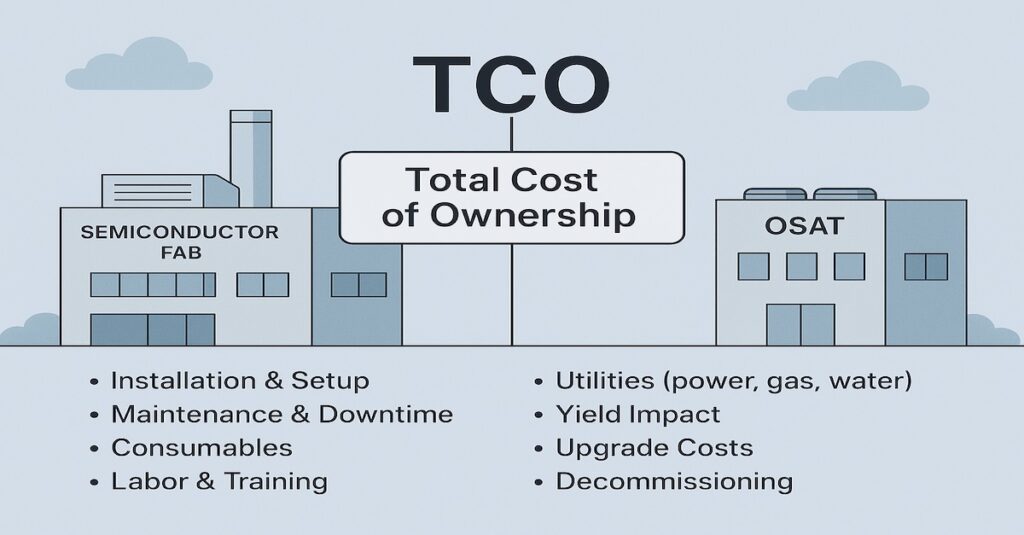Photo by Elijah O’Donell on Unsplash
World population has reached 7.5 billion. In 2017 about 3.5 billion users were active on internet, that is approximately 50% of world population. If internet was a country, it will be twice the size of the most populated country in the world. Anyone who is on internet can literally find any details about anything at click of a button.
I think this simple statistic should be good enough for anyone who has anything positive to share to come online, write something and share with potentially 3.5 billion customers. The reason for this blog is to share simple steps on how to get online identity with the hope that it can help someone looking to get one.
What Is An Online Identity?
Online identity as per my definition is go to place on internet which users can visit and find more about what a particular individual has to offer. For example – this website is where I would expect people to come and then go onto other platform based on where they would like website feed to be seen. If one is really good at taking pictures, go ahead and sign up with Unsplash or Flickr. For academia there is Google Scholar or Mendeley.
People like Troy Hunt take it to next level by making living out of it. It’s not always essential to have a dedicated website, one can take specific platform like LinkedIn or Quora and master it to a level that he/she gets awarded in form of LinkedIn Influencer or Quora Top Writer. This not only helps build profile but in process allows building of network.
Are There Any Specific Steps To Get Online Identity?
No. However, I suggest a process in following order:
- Domain:
- Grab a good domain name. If you can combine your first and last name and get a .com, then take it without thinking twice. Otherwise you can choose from TLDs specific to your country.
- Website:
- There are tons of DYI website builder but always consider that if you stuck with writing in form of blogs or articles, then it will grow and one day you will have to move to a dedicated hosting service.
- Hence, I suggest signup with WordPress as it will be super easy to port it to different service if required. I have my own server but that’s not something everyone needs.
- Analytics:
- Though many DYI and WordPress will provide inbuilt traffic analytics. I would strongly suggest to setup Google Analytics and link it to your website. This way you can analyze and improve content based on internet traffic.
- Even social media profiles like Twitter, Facebook, LinkedIn and Google Plus provide free traffic details at no cost. You just need to find how to enable it.
- There are also tons of third party services that can track and analyze how your social profiles are performing and the ROI.
- Social Media:
- This goes without saying. After you have a website and all is set as per your liking, you need to get at least following must have social profiles.
- Make sure your <social-website>/username is such that it matches up with your name for easy no brainer search engine optimization.
- Must Have:
- Google Plus
- StackExchange
- For Artist:
- Vimeo
- YouTube
- Unspalsh
- SoundCloud
- For Writers:
- Quora
- Medium
- GoodReads
- For Researchers:
- PLOS
- Scopus
- ORCID
- Mendeley
- GrowKudos
- ResearcherID
- ResearchGate
- Academia.edu
First three steps to online identity depends on whether or not you need dedicated website to share. But I think social profiles are must and very easy to get.
What If I Don’t Have Any Online Identity?
Nothing. You will move on, world will move on. Online identity are smart moves for professionals who rely heavily on skills like software, hardware, paintings, writing, dancing, research, journalism and any type of work that demands work portfolio. Without saying it is must for businesses from any domain.
It takes really long time to get your profile noticeable to even fraction of active internet users. So it is very important to decide early whether or not you want to get on to the journey of online identity.






